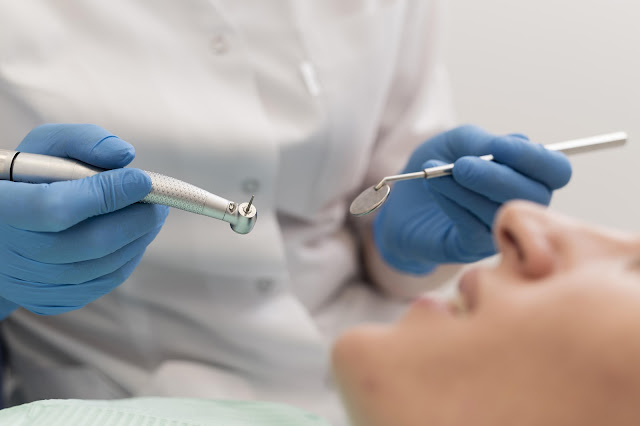It is also not only essential for the aesthetic and sometimes horrible-looking tooth, but it mainly deteriorates the body because of tooth decay, damage, or loss. Restoration using dentistry helps. Restorative dentistry in Dallas refers to the process of repairing a damaged or missing tooth to provide better function and an aesthetically pleasing appearance. Simple restorations such as fillings to advanced ones like dental implants come under this category to give people their smiles back along with an enhanced oral health condition.
Restorative Dentistry Major Treatments
Restorative dentistry represents a wide variety of treatments that can be used to repair and restore teeth. Some of the more common types of these procedures are filling teeth with dental fillings, crowns, bridges, dentures, and implants. Fillings are used to fill cavities and prevent further decay of the tooth, and crowns are utilized to restore structurally damaged teeth. Bridges and dentures serve to replace the missing teeth. Unlike bridges or dentures, implants could serve as more permanent solutions because they behave like a natural tooth by attaching artificial teeth to the jawbone. Each of these procedures plays a major part in maintaining the oral health of a person for a better and complication-free future.
The Benefits of Restorative Dentistry
Though restorative dentistry improves a smile, there are other important benefits associated with restorative dental treatment. For instance, restoring damage to or replacing missing teeth improves chewing and speech and prevents discomfort or ill consequences in digestion due to an improper bite. Furthermore, dental restoration prevents other serious conditions, such as infection or loss of bone tissue in the jaw. The messy, complete but functional smile can increase a person's self-esteem and confidence that he can go out and associate freely without the feeling of being ashamed. Hence, restorative dentistry offers long-term preservation of oral health as well as general well-being.
Restorative dentistry is an essential part of the process for every healthy, functional smile, such as filling a cavity, repairing a crack, or replacing missing teeth—all improve oral health. It helps improve one's quality of life. By seeking early dental attention, smiles can be maintained, and long-term benefits from having strong and healthy teeth are seen.

Comments
Post a Comment